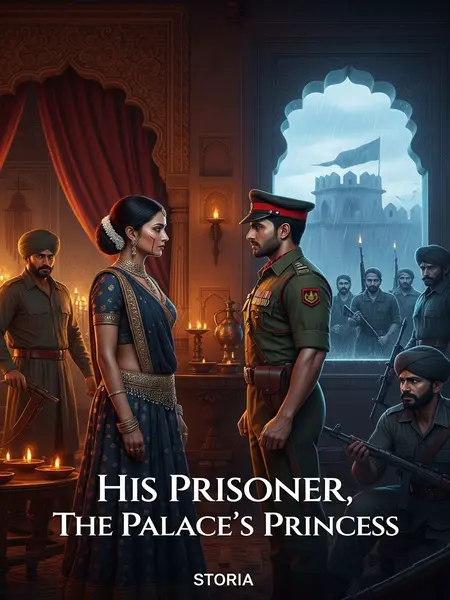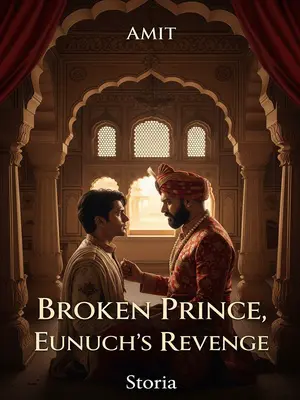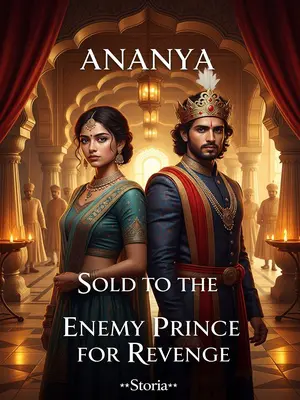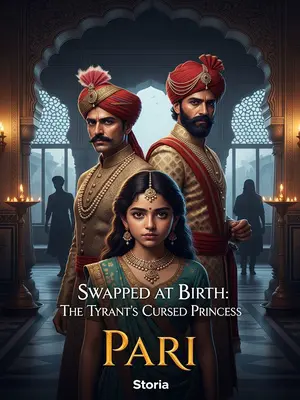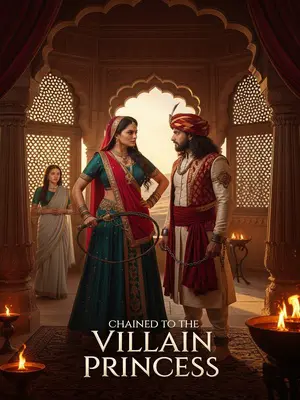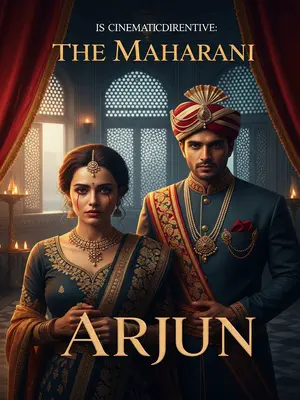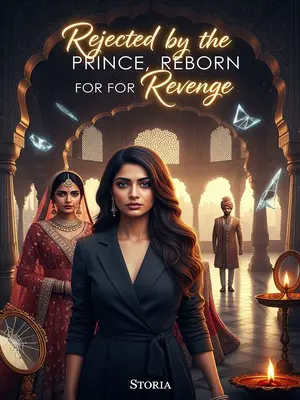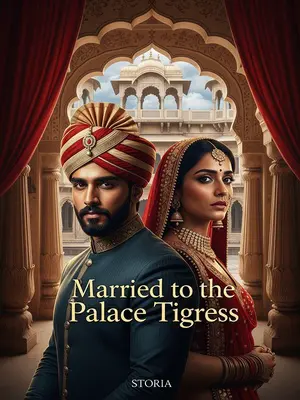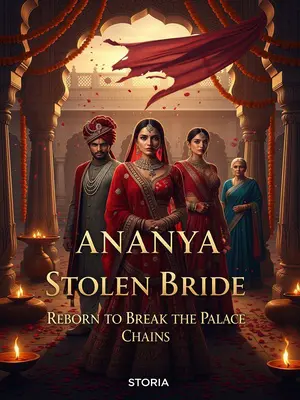Chapter 2: Duty and Disgrace
I am the eldest princess. Since birth, my life has been measured by court whispers and Ma’s expectations. Even before I could braid my parandi, people would say, "She’ll carry the family’s honour one day." That weight pressed on me like layers of gold at a cousin’s wedding—shining, but always heavy.
When the state sent supplies twice and rations still ran low at the border, I volunteered as ration officer, determined to personally escort the grains to the front.
The heat was relentless as we journeyed, passing chai stalls and boys flying kites. My choice raised eyebrows—some admired, others scoffed. Ma fussed over my health, but I’d made up my mind. Someone had to prove royal blood meant more than silk and silver spoons.
For practicality, I packed only men’s kurta-pajamas. Aunty scolded, "Ladki ho ke, yeh sab pehnogi?" I shrugged, folding crisp white kurtas myself. They scratched, nothing like my soft home cottons, but at least I could move. I tied my hair in a stern plait, tucking stray strands away. The palace tailor looked scandalised but obeyed. "Shabaash," I told myself. "Do what you must."
But then, a hundred kilometres from the border, a thick fog rolled in—and one by one, everyone collapsed. It was like the omens Dadi warned about, muttering her prayers. The fog was oily, stinking of burnt amla and incense. Men swayed, feet dragging. I remembered Dadi’s stories—nights when even the wind seemed to carry malice.
Someone had drugged us. My heart thudded like the tabla at Holi. Limbs ached. Panic, muffled shouts, then a falling away—like the lights going out mid-cricket match.
I woke to stabbing pain in my palm and the jolting of a horse. Everything spun like the ceiling fan in Dadi’s room during a power cut. My palm throbbed with blood, body swinging like a rice sack, head spinning with every hoofbeat.
Before passing out, I’d tried to stay awake by slicing my palm—a trick Dadaji taught me: "Pain is proof you’re still in the fight." But the drug was too strong. The taste of dust was the last thing I remembered.
A mocking voice rang out above me: “Didn’t expect capital people to be so useless—all knocked out by a little sleeping powder.” Each word snapped like a cane. Another soldier muttered, “If these really were dacoits, we’d be starving.”
I realised it was the man riding with me—boots caked in mud, sweat and leather in the air. Humiliation prickled my skin, but I grit my teeth, refusing to show it.
Another soldier’s voice, uneasy: “Major Arjun, this time it’s a royal. If the capital blames us…” The air vibrated with tension. The name echoed: Major Arjun Singh. I remembered palace gossip—Singhs, the border wallahs, tough as neem, always trouble and triumph. His reputation was a mix of awe and warning.
The rations were meant to arrive in days, but Arjun had knocked us out and brought them himself, wary of corruption. His mistrust stung, but I understood the logic. With each mile, the grain for hungry soldiers vanished bit by bit. Still, being treated like a suspect hurt.
But I was the one escorting them. Did he really think a princess would steal?
My pride bristled. Ma’s words echoed: "Never let them think you’re weak." I gripped the saddle, rehearsing a retort sharper than my ceremonial sword.
Arjun laughed above me, voice full of contempt: “That bunch of useless eaters in the palace are nothing to be afraid of.” I muttered, "Kuch bhi bolta hai," under my breath. His words itched under my skin—impossible to ignore.
“You have some nerve,” I snapped. He was openly insulting His Majesty and the Crown Prince. Even stubborn generals wouldn’t dare. I forced my voice steady, jaw tight.
I pushed myself upright, glaring at him. Pain shot through my shoulder but I met his eyes, cold and proud—the look that sent lesser men running at court.
“Oh, you’re awake now.” Arjun’s tone was bored, as if I was just another problem. The others shifted, unsure. A temple bell rang in the distance, echoing my outrage.
